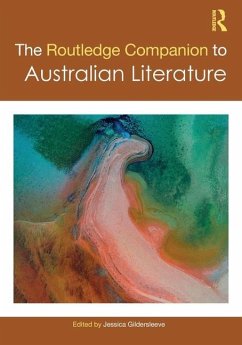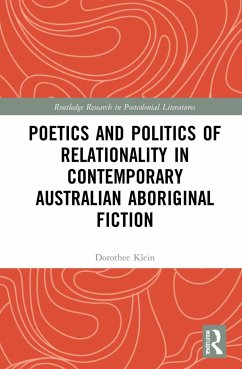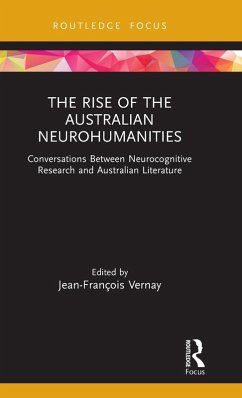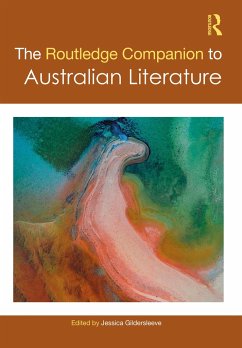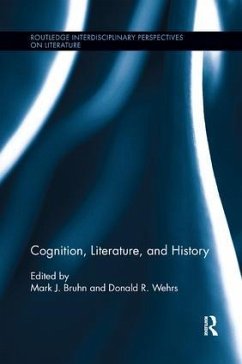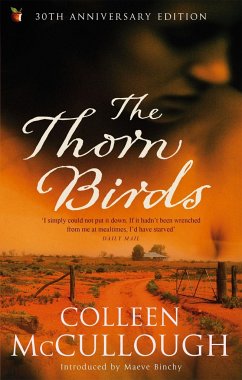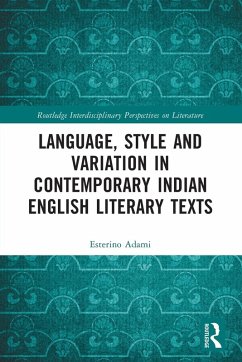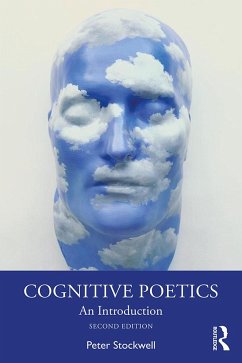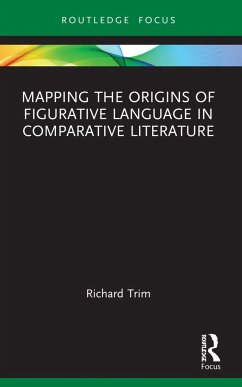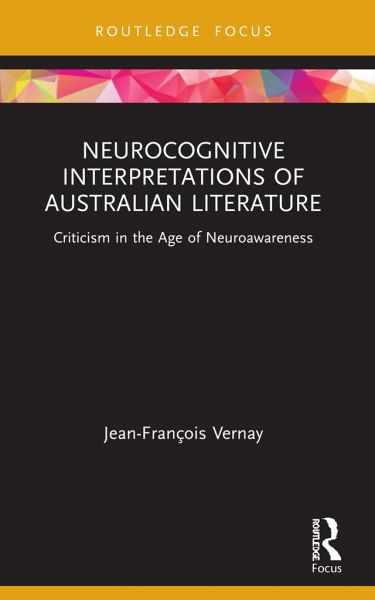
Neurocognitive Interpretations of Australian Literature
Criticism in the Age of Neuroawareness
Versandkostenfrei!
Versandfertig in 6-10 Tagen
24,99 €
inkl. MwSt.
Weitere Ausgaben:

PAYBACK Punkte
12 °P sammeln!
This unique book on neurocognitive interpretations of Australian literature covers a wide range of analyses by discussing Australian Literary Studies, Aboriginal literary texts, women writers, ethnic writing, bestsellers, neurodivergence fiction, emerging as well as high- profile writers, literary hoaxes and controversies, book culture, and LGBTIQA+ authors, to name a few. It eclectically brings together a wide gamut of cognitive concepts and literary genres at the intersection of Australian literary studies and cognitive literary studies in the first single-author volume of its kind. It takes...
This unique book on neurocognitive interpretations of Australian literature covers a wide range of analyses by discussing Australian Literary Studies, Aboriginal literary texts, women writers, ethnic writing, bestsellers, neurodivergence fiction, emerging as well as high- profile writers, literary hoaxes and controversies, book culture, and LGBTIQA+ authors, to name a few. It eclectically brings together a wide gamut of cognitive concepts and literary genres at the intersection of Australian literary studies and cognitive literary studies in the first single-author volume of its kind. It takes Australian Literary Studies into the age of neuroawareness and provides new pathways in contemporary criticism.





